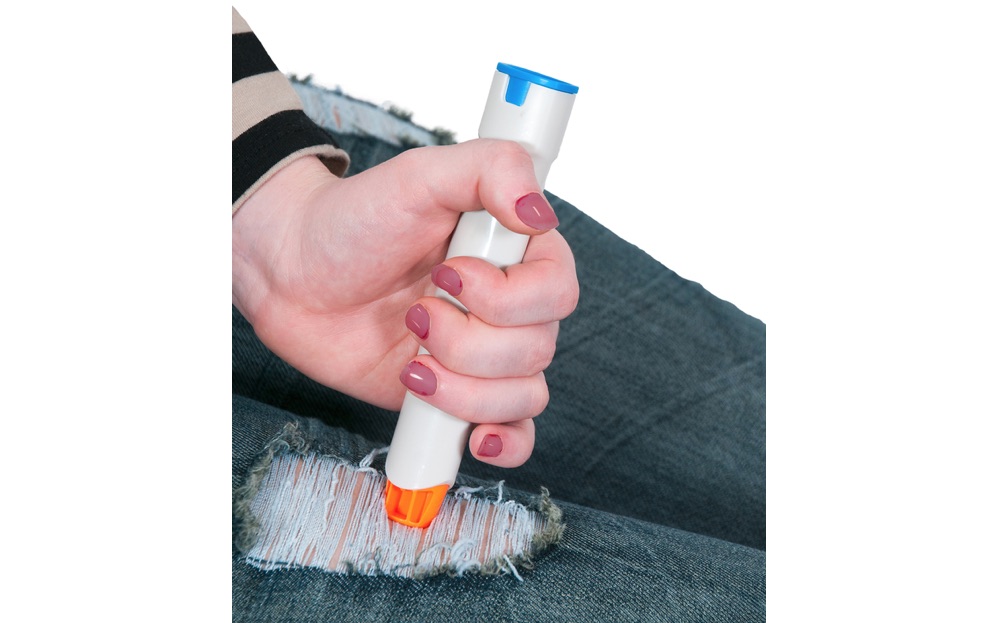How Do EpiPens Work?

The price of EpiPens has increased more than 400 percent since 2007. People who need to keep them on hand — often because they may need the emergency drug in case they have a life-threatening allergic reaction — brought the price increase to light, and eventually it reached Congress: In a letter to Mylan, the company that makes EpiPens, Sen. Charles Grassley of Iowa has now asked the company to explain its pricing.
But how do EpiPens work?
EpiPens are a type of epinephrine auto-injector, which means they work by automatically injecting a dose of the hormone epinephrine (also called adrenaline) into a person's body. This could be done, for example, during a severe allergic reaction called anaphylaxis. [9 Weirdest Allergies]
In a person with anaphylaxis, the immune system releases a flood of chemicals in response to an allergen, according to the Mayo Clinic. These chemicals can cause an onslaught of severe and life-threatening symptoms throughout the body, including a drop in blood pressure and constricted airways, the Mayo Clinic says.
A person can die from anaphylaxis if his or her heart stops beating or the person stops breathing. These symptoms can come on quickly, so it's important to get a person medical treatment immediately.
Epinephrine works by reversing the symptoms of anaphylaxis. For example, a person's blood pressure plummets during an anaphylactic reaction because the blood vessels relax and dilate — epinephrine causes the blood vessels to constrict, which raises blood pressure, according to Mylan, the maker of EpiPens.
In addition, anaphylaxis can cause a person's airways to constrict, making it difficult for that person to breathe. Epinephrine relaxes the muscles of the airways so that the person can breathe, according to Mylan. Epinephrine also increases a person's heart rate, which helps improve blood flow.
Sign up for the Live Science daily newsletter now
Get the world’s most fascinating discoveries delivered straight to your inbox.
Originally published on Live Science.












